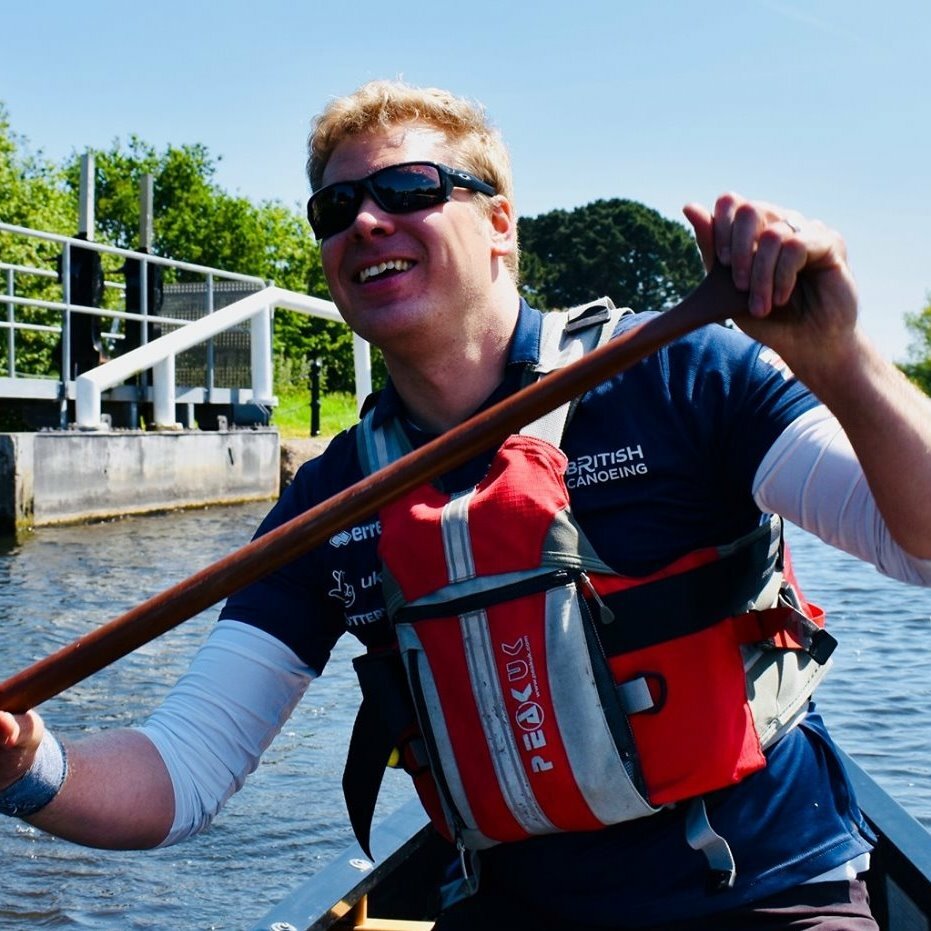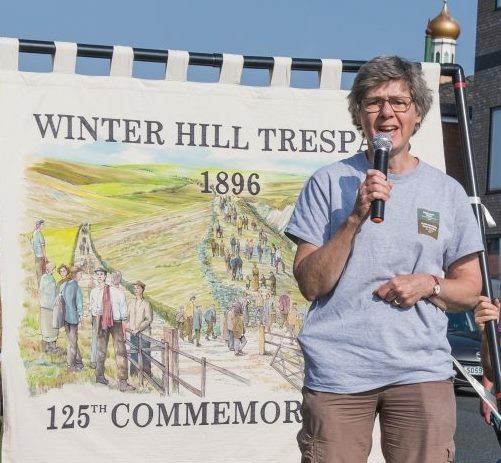October 2023
Reams of scientific evidence confirm what we know instinctively – being active outdoors and connecting with nature are critical to our quality of life. Time and time again, research is published extolling the benefits of access to nature for our health and well-being, for the financial value it brings to rural communities, and its role in fostering a sense of responsibility for the natural world.
But we also know that for many people easy access to nature is far from guaranteed, and today we have a much greater understanding of the physical and social barriers that stand in the way. The government’s own estimates suggest that almost 40% of people are more than 15 minutes’ walk from green and blue spaces. Rights of access for other cyclists, paddlers and equestrians are less extensive, and many people are unable to make use of existing public rights of way because of man-made barriers, for example the 25% of people in the country identifying as disabled.
Not only does this inequality blight the lives of those directly affected, but it also undermines the ability of policy makers to secure a range of outcomes – preventing ill health, tackling loneliness and boosting rural economies to name just a few.
We don’t need more evidence to justify why access to nature is important, or to know why it is not available to everyone. What we really need is for parties to commit that, if elected, they will expand access provision where it is needed most, improve existing paths and infrastructure so that more people can benefit from the incredible asset we already have, and put in place solid frameworks of support and investment so that access is less vulnerable over the long-term.
Current approaches are inadequate. Policy has not kept pace with our increasing knowledge of the benefits of access to nature and the barriers that are preventing these from being experienced by everyone. Recent reforms in land management and environmental legislation were an ideal opportunity to embed this in policy making and resourcing, but these opportunities have been squandered.
Instead, the few programmes and initiatives to improve opportunities to get outdoors are piecemeal, poorly targeted, short-term, and low budget. There is no clear and effective strategy to which these projects belong. While they may bring some benefits to individuals and communities, collectively they do not add up to anything close to what is needed to bring the benefits of access to nature to everyone.
The need to tackle stubborn barriers preventing people from connecting with nature must be taken seriously. So at the heart of the Nature 2030 people minifesto, lies a proposal for a new Access to Nature Bill.
Among other things, the Bill is needed to:
- Require governments to set and continually review legally-binding targets for access to nature, and to publish strategies and investment plans to meet them. This will secure a long-term approach to ensure future generations can continue to connect with the outdoors.
- Extend public access rights to waterways, woodland, riverside and more downland, extending successful models of the past.
- Provide a more equal and inclusive freedom to enjoy land and water for different user groups such as cyclists, swimmers, paddlers, horse riders and disabled people.
- Repeal the cut-off date of 2031 for recording 41,000 miles of unregistered public rights of way, valuable routes that risk being lost for ever.
- Create green routes in cities, delivering multiple environmental, climate adaptation, health and economic benefits.
- Establish standards for the quality of public rights of way to ensure local authorities and land managers fulfil their legal obligations to keep access rights open and useable.
- Ensure every child has regular, high-quality access to and engagement with nature within education, through their curriculum, and by supporting teachers and schools to deliver outdoor learning across all education settings.
- Maintain investment in promotion of the Countryside Code, ensuring environmental responsibility and good practice for both the public and land managers is widely promoted.
Politicians of all colours know how important it is for the people they represent to have easy, regular access to nature. We hear it from them frequently. Most seem to agree that ‘something must be done’ to tackle the barriers that exist. But the time for vague aspirations is over. As we head into an election year, we need support for new legislation that genuinely unlocks the benefits of immersion in nature for the many who have been left behind. An Access to Nature Bill will do just that.
By:
Stephen Russell, Policy and Advocacy Officer, Ramblers
Ben Seal, Head of Access & Environment, British Canoeing
Kate Ashbrook, General Secretary, Open Spaces Society
Cath Flitcroft, Head of Access, Environment and Sustainability, British Mountaineering Council
The opinions expressed in this blog are the author's and not necessarily those of the wider Link membership.







Latest Blog Posts
October 2023



Latest Blog Posts